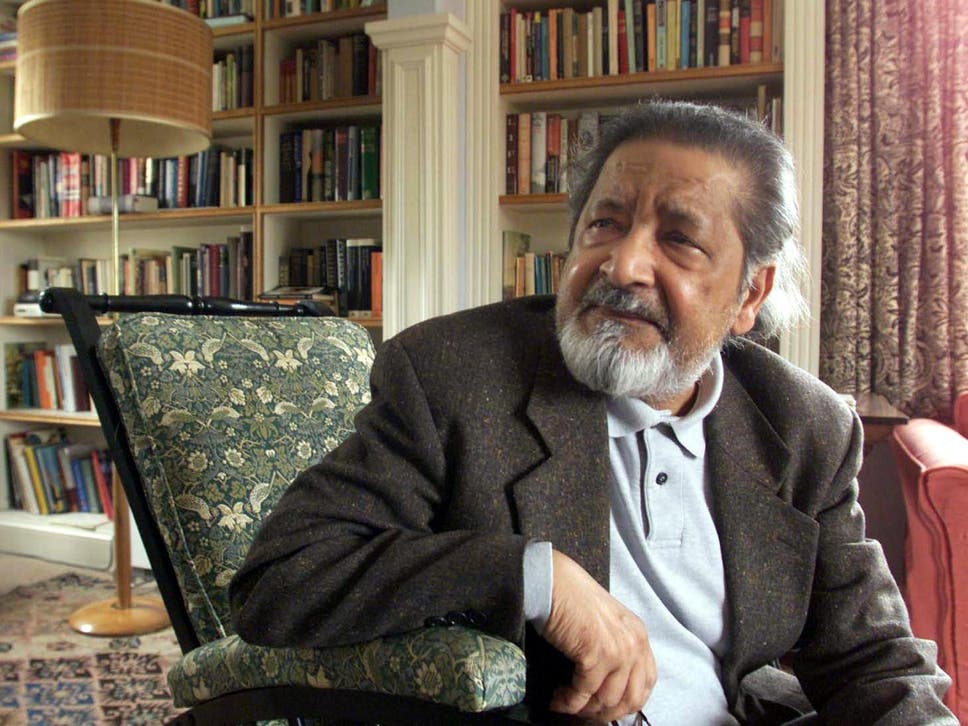--------------------------------
When Diane and I travel we always overpack. Hotel bellman cry out with prayers of thanksgiving for the expected tips. Yes, despite our best intentions we carry all sorts of baggage on our journey. It's certainly not very apostolic of us.
For Jesus tells the apostles to take next to nothing! And do you know something? He tells us to do the same. You see, Jesus knew that the more we take on this journey of ours, the more we'll rely on those things and the less we'll rely on God. The less we rely on God, the harder it will be to see God in others, especially those who lack the material blessings we've been given. And I suspect the more we're encumbered with stuff, the harder it is for others to see God in us.
A few months ago, in a conversation with one of my fellow volunteers at the Wildwood Soup Kitchen, I remarked that the meal we were serving that day looked particularly appetizing. She just shrugged her shoulders and said, "I suppose so, but I really don't think much about food." Just then one of our guests, who had overheard her comment, said, "You would if you didn't have any."
What do you think? Did he see God in us that day? It's easy to overlook another's empty plate when our own is overflowing. Perhaps having too much to eat is worse than having too little. It tends to make us insensitive to those who hunger, and ungrateful to God for all His gifts.
Jesus invites us to rely on Him for everything we need, so we're not tempted to take credit for the good in our lives.
When He sent out the Apostles, He gave them something far more valuable than things. He gave them a companion and a message; he also gave them power and authority. He took away their transportation, their luggage, food, money, and extra clothes. He didn't make reservations for them at the Ritz Carlton, or the Holiday Inn, or even Motel 6. Instead he told them, "Whatever house you enter, stay there and leave from there" [Lk 9:4]
Too often we do exactly the opposite of what Jesus tells us, with predictable results. Why? Because we just don't trust God enough to do it His way.
This is a particularly fitting theme for our parish because tomorrow we celebrate the memorial of our patron, St. Vincent de Paul. Vincent was the epitome of trust. Like Mother Teresa, 300 years later, he placed total trust in God and achieved great things. Listen to what Vincent once said about trust:
"Free your mind from all that troubles you; God will take care of things. You will be unable to make haste in this (choice) without, so to speak, grieving the heart of God, because he sees that you do not honor him sufficiently with holy trust. Trust in him, I beg you, and you will have the fulfillment of what your heart desires."St. Vincent knew poverty because he lived a life of poverty, and devoted himself and the orders he founded to helping the poor.
His life was an echo of today's reading from Proverbs:
Put falsehood and lying far from me, give me neither poverty nor riches; provide me only with the food I need; lest being full, I deny you, saying, "Who is the Lord?" Or, being in want, I steal and profane the name of my God [Prv 30:8-9].Yes, St. Vincent knew that "poverty of spirit" frees us from greed and preoccupation with possessions and gives God room to act in our lives.
The Lord wants us, His disciples, to be dependent on Him and not on ourselves - for then He will work through and in each of us for his glory. So, the question for us today is: Are we ready to handle the power and authority God wants us to exercise on His behalf?
He entrusts us with His gifts and talents. Are we eager to place ourselves at his service, to do whatever He asks, and to witness His truth and saving power to all He sends to us?















